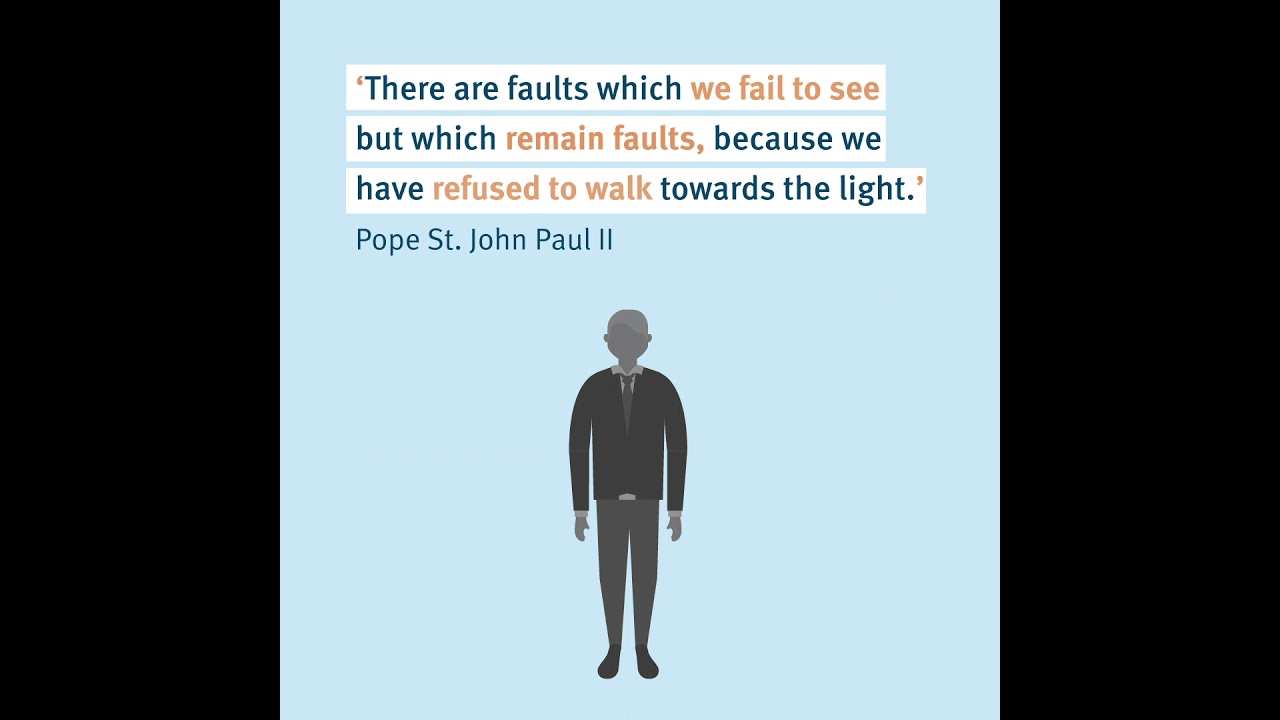A Catholic Social Teaching Guide to Voting
Participation in politics is a Christian obligation: “We, Christians, cannot ‘play Pilate’ and wash our hands…We must participate in politics because politics is one of the highest forms of charity because it seeks the common good. And Christian lay people must work in politics.”
Pope Francis
Videos
This four-part series breaks down how to bring Catholic social teaching to the ballot.
Voting according to Catholic Social Teaching – Part 1
Voting according to Catholic Social Teaching – Part 2
Voting according to Catholic Social Teaching – Part 3
Voting according to Catholic Social Teaching – Part 4
“We must be aware that the truth which we long to share does not derive its worth from its ‘popularity’ or from the amount of attention it receives. We must make it known in its integrity, instead of seeking to make it acceptable or diluting it.”
Purpose
Pope St. John Paul II established CAPP —
“to promote and defend the knowledge and the practice of the Church’s social doctrine.”
Message to the Members of the “Centesimus Annus Pro Pontifice” Foundation








